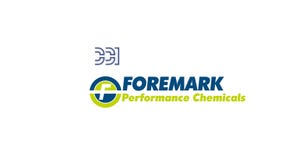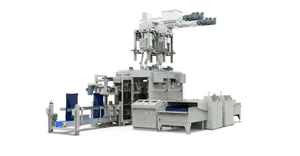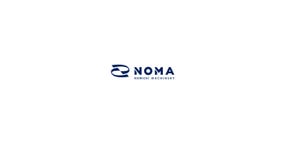Fette America Offers Comprehensive Range of Validation and Documentation Services to Enhance Tablet Press Performance
August 3, 2010
Fette America, a leading supplier of tablet press equipment for pharmaceutical and nutritional applications, offers extensive validation and documentation specifically related to quality control, validation and regulatory compliance.
The company’s documentation follows the Life-Cycle Design Model and is admissible to the FDA as validation documentation. All documentation can be re-formatted into customer supplied document formats with the exception of Fette’s Standard Validation Package.
Fette’s documentation programs include:
System Design Specification: This detailed document describes customer’s requirements and is based on the mechanical features for the tablet press, including descriptions of mechanical sequencing and functionality. Additionally, this document offers in-depth descriptions of inputs, outputs, configuration automated sequencing, plus wiring diagrams and mechanical drawings.
Factory Acceptance Test (FAT): This document is used to ensure the validity of the system in the vendor’s environment. It may contain portions of testing found in the IQ and OQ, but does not replace IQ and OQ testing at the customer’s site.
Advanced Installation Qualification Protocol (IQ): This document is used to ensure validity of the component installation. Wiring continuity, calibration, limit switch span, materials of construction, piping drainage, welding, and air line pressurization are all examples of components tested under this protocol. The IQ can be used as part of a factory acceptance test, but should be re-evaluated and re-executed upon site installation. At the conclusion of execution, a summarization report is written citing any deviations from the protocol, how they were addressed and re-evaluated.
Advanced Operational Qualification Protocol (OQ): This document is used to ensure validity of the components' individual operation and function. Timing, mechanical flow, software functionality, valve actuation, security, and data integrity are all examples of components tested under this protocol. The OQ can be used as part of a factory acceptance test, but should be re-evaluated and re-executed upon site installation. All components listed in the System Design Specification are tested here. At the conclusion of execution, a summarization report is written, citing any deviations from the protocol, how they were addressed and re-evaluated.
Standard Validation Protocol: This validation package includes Installation Qualification, Operational Qualification, and Performance Qualification Protocols. This standard generic package tests all the critical components of the machine but not to the full extent of our Advanced Validation Protocol. Additionally, this document cannot be changed or modified to meet the customer’s specific options as the Advanced Validation Protocol can.
Traceability Matrix: This document relates the System Design Specification to actual software modules and mechanical components. It relates the software modules and mechanical components to the FAT, IQ, and OQ, so as to provide linear traceability throughout the design, construction, and testing of the system. The traceability matrix can also show how these components relate to the installation, operation, and maintenance procedures for the equipment.
User Requirement Specification: Creation of detailed user requirement specifications as needed.
21 CFR Part 11 Compliance: The compliance document details how Fette systems comply with the regulations set forth in 21CFR Part 11.
Fette America is a direct extension of Fette GmbH of Schwarzenbek, Germany, one of the first companies to develop and perfect the rotary tablet press. For more information, visit www.fetteamerica.com.
You May Also Like


